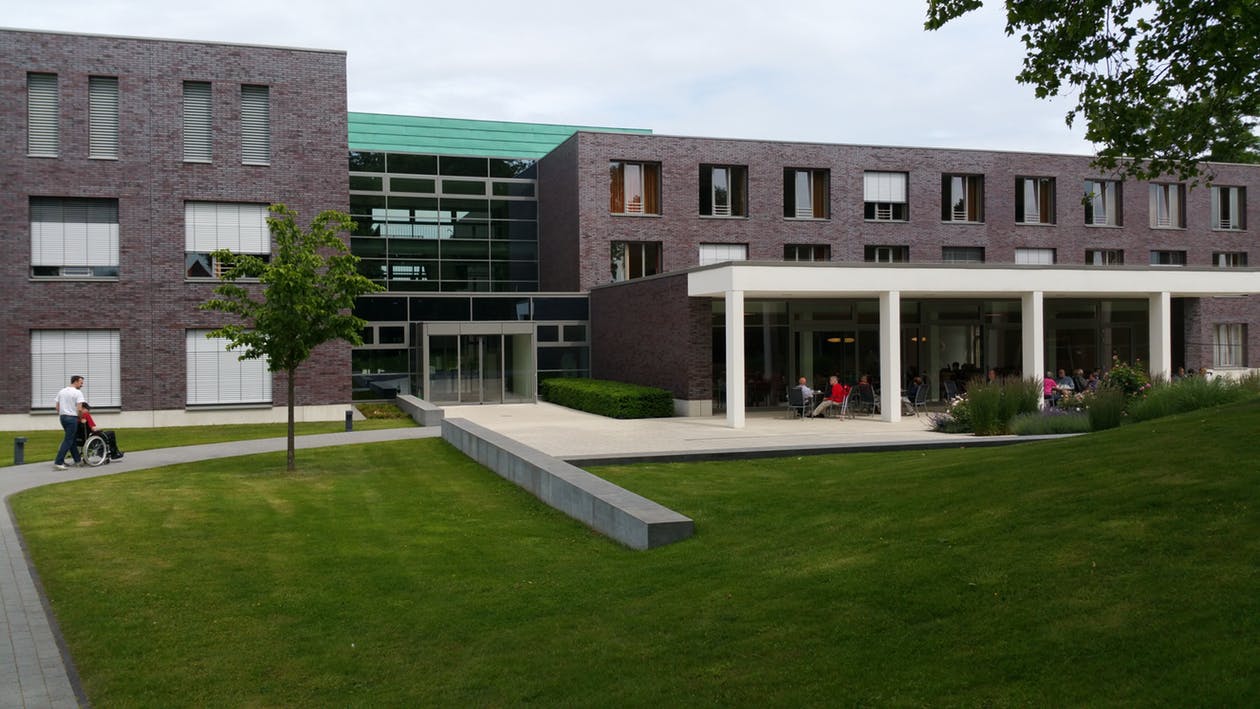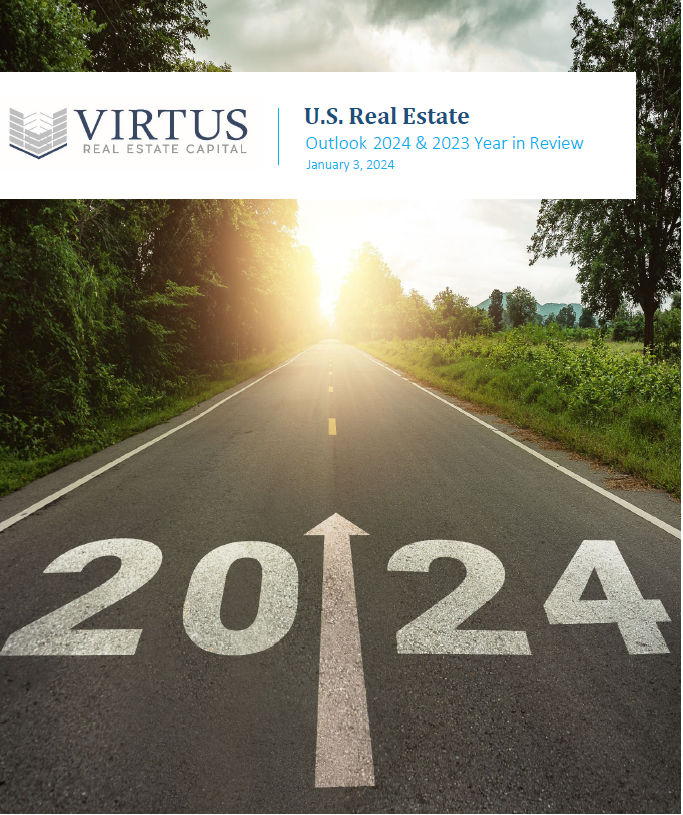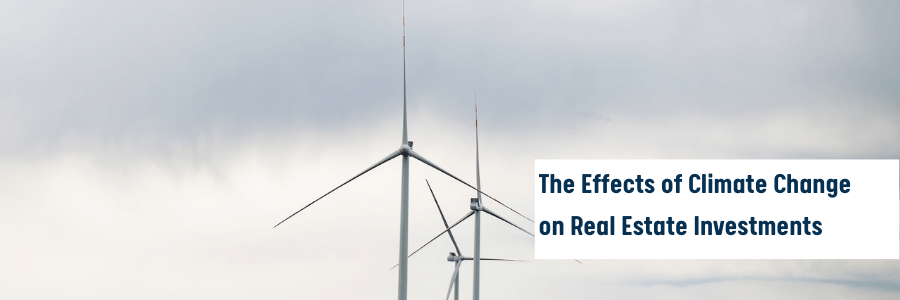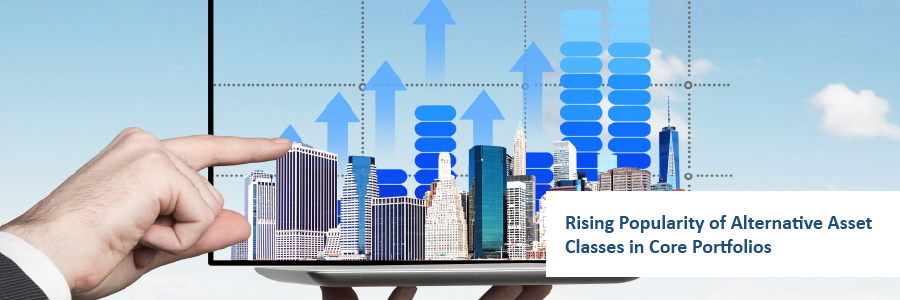In Medical Office real estate, off-campus properties are growing in value, but can you spot them?

Here in Austin, the most well-known barbecue restaurants typically have lines that stretch up to two hours in wait time. Granted, the food at these spots is delicious and maybe even worth the wait, but the locals can tell you they are not the only options for good barbecue. We often help visitors avoid tourist traps and excessive crowds by recommending lesser-known spots with equally good or sometimes better food.
What does this have to do with real estate trends, you might ask? In recent years we’ve observed similar behavior among investors in the Medical Office (“MOB”) sector. These investors are typically drawn to low-risk, high-value properties located on or near hospital campuses, known as on-campus assets. The alternative, off-campus assets, have historically been out of favor due to perceptions of higher risk and lower demand. Yet, in the past few years, off-campus product has derived increased value and proven a worthwhile investment.
Off-campus assets are growing in value for a number of reasons, including:
- Technology – Technological advances have allowed healthcare professionals to conduct complex diagnostic or surgical work in an outpatient setting, shifting total care delivery from mainly inpatient to majority outpatient.
- Urban sprawl – A lack of available land around the most established hospital systems, which tend to be in dense urban settings, is leading to more development in outlying areas.
- Overcrowding – A high-intensity buying environment for prime on-campus deals has led to overvalued assets.
- Policy reform – Healthcare reform has led large numbers of physician practices to consolidate; as a result, larger doctor groups can be more strategic and efficient about which staff are required to travel to the hospital and make patient rounds.
- Convenience – As patients become more informed and drive more of their own healthcare decisions, they are demanding greater convenience and improved access, ideally with multiple providers in the same accessible location. Similarly, most doctors prefer convenient access to their office rather than traveling to on-campus locations, which are often older and lower quality spaces.
These market shifts call for a reevaluation of the off-campus product. This is not to say that on-campus products have diminished in value or are no longer good investments, but rather that similar returns can be made within the underexplored off-campus market. Just as you need a local to show you the hidden gems of Texas barbecue, it takes an experienced MOB investor to identify the off-campus assets that provide equally good fundamentals as on-campus deals, but at a more attractive basis.
Virtus has kept a close eye on the MOB market, and we foresee continued growth for the sector as a whole through the rest of 2018. As healthcare continues to progress and treatment capabilities expand beyond hospitals, off-campus properties will appeal to prudent investors and offer compelling growth potential for the future.
We dive deeper into this in our latest whitepaper, Off the Beaten Path: Finding Value in Medical Office. Download it here.









